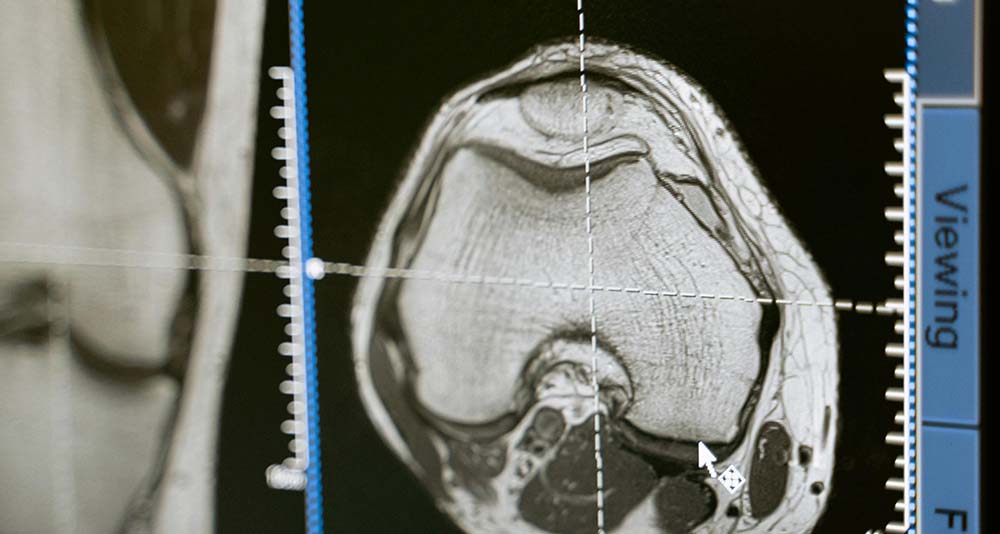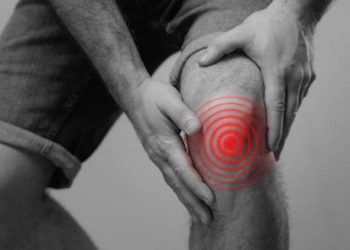Living Through Loss – Coping with Brain Death in the Family
Living through loss – coping with brain death in the family is an emotionally overwhelming journey. While the death is clinical and final, the appearance of a breathing body on machines often confuses grief. Families facing this tragedy must process shock, make urgent decisions, and say goodbye in a deeply unnatural way. Living through loss – coping with brain death in the family requires information, support, and compassion.
1. Grief in ambiguity
Unlike typical death, where breathing and heartbeat stop, brain death presents a paradox — the person appears alive, but isn’t. Families often need time to understand and accept the diagnosis.
2. Communication from healthcare teams
Clear, sensitive explanations from doctors and nurses help families grasp the reality. Visual aids, spiritual guidance, or second opinions can ease confusion.
3. Decision-making pressure
In some cases, organ donation or the removal of life support must be discussed quickly. This can feel rushed, so emotional support is critical. No family should feel coerced or abandoned during these decisions.
4. Cultural and spiritual rituals
South African families come from diverse faiths and traditions. Hospitals should accommodate requests for prayer, blessings, or final rites to support the family’s mourning process.
5. Long-term grief support
Loss through brain death can be traumatic. Families may experience prolonged sadness, confusion, or guilt. Access to grief counselling, community support, and mental health resources is essential.
6. Children and teens
Young family members need age-appropriate explanations. Schools and caregivers should be informed to provide additional emotional support.
7. Honouring the memory
Families find healing in creating legacies: memory boxes, planting a tree, or sharing stories. If organ donation was part of the journey, many find comfort in knowing lives were saved.
Living through loss – coping with brain death in the family takes time and support. With the right help, families can begin healing, understand the finality of brain death, and carry the memory of their loved one forward with love and dignity.
👉 [End of Series | Back to Overview]


